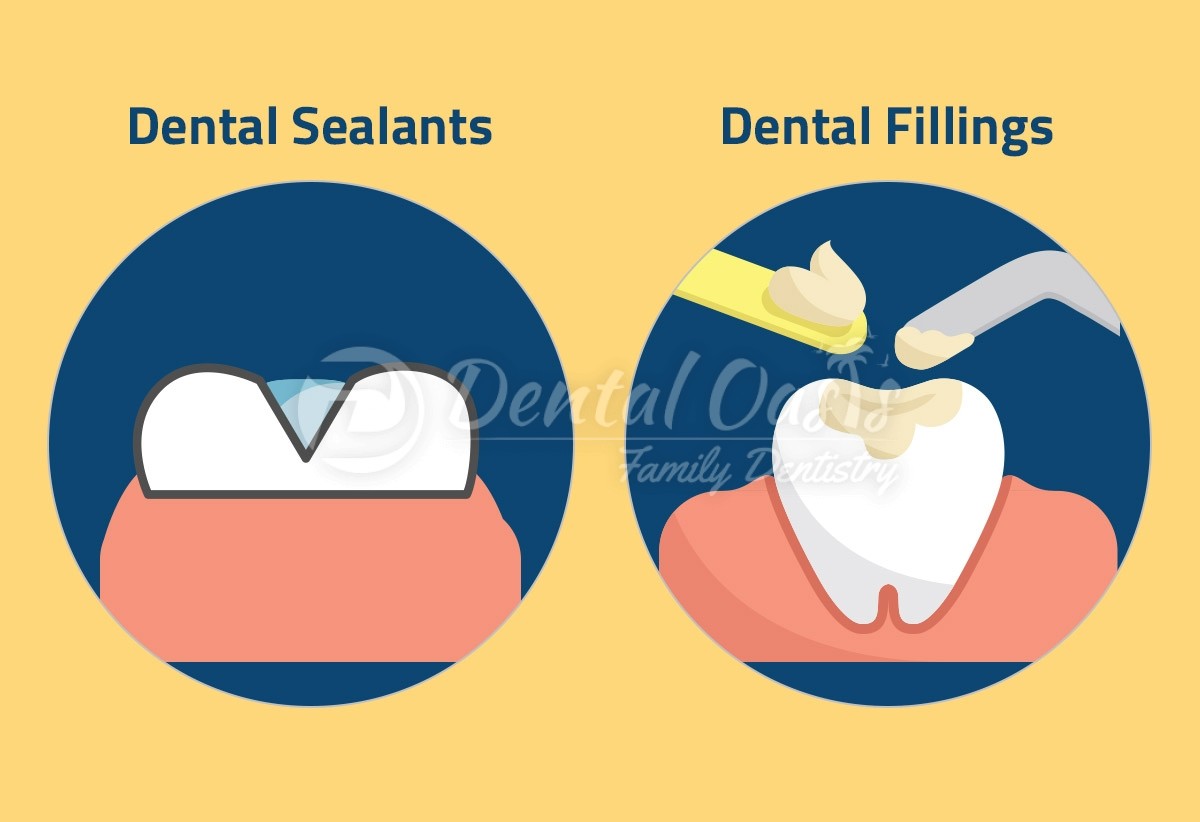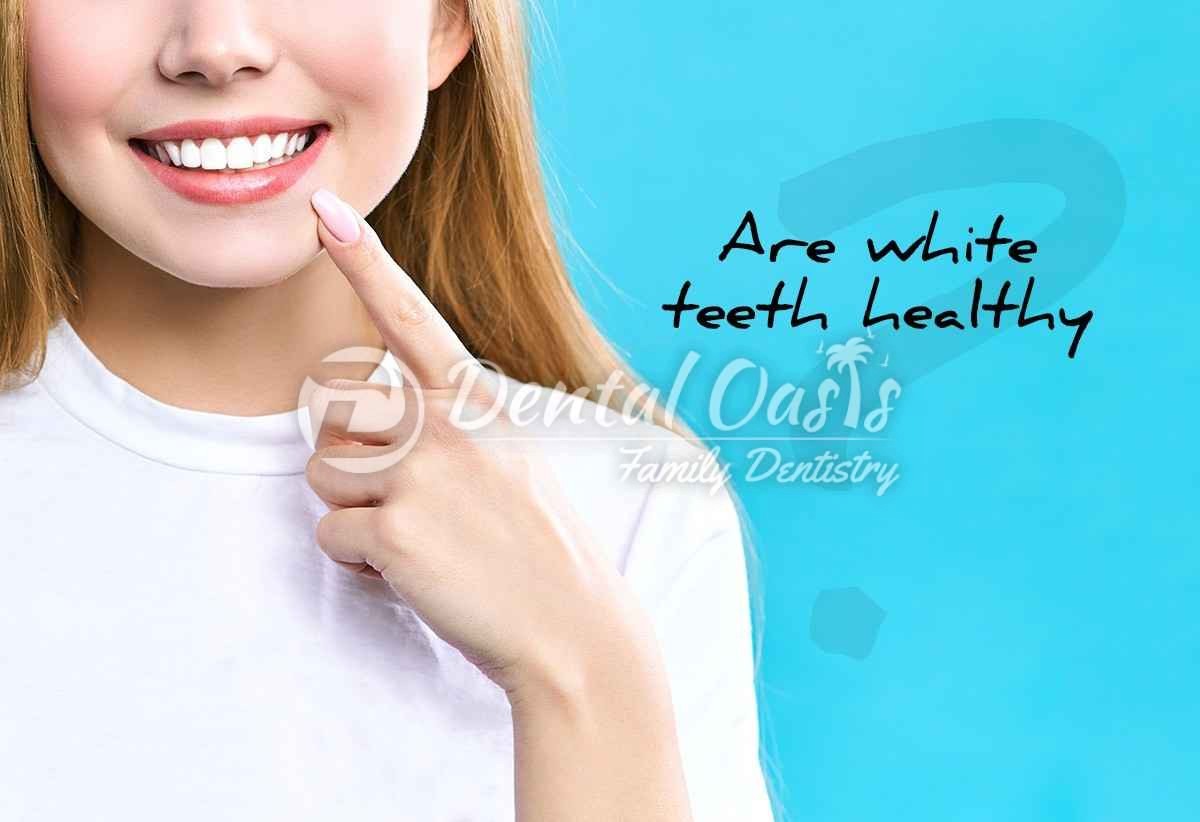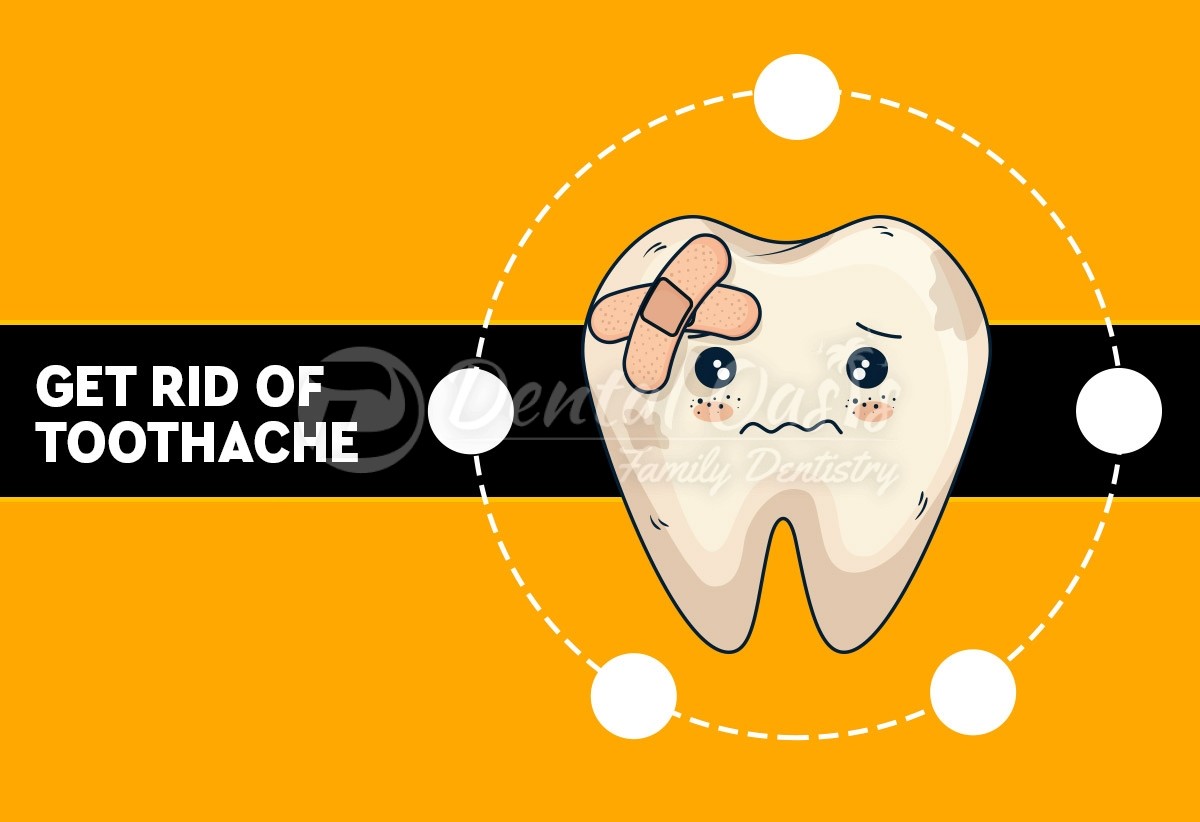Dental Sealants vs Fillings: Which is best for your teeth?

When it comes to keeping your teeth in decent shape, there is a wide range of preventive as well as restorative options that are available. Two common terms that you are sure to have heard are dental sealants & fillings. Both come in handy in protecting your teeth from tooth decay and are both quick in terms of treatment time. Yet both differ in many ways. Their primary differences lie in terms of:
- Preventive Versus Restorative Nature
- Area of application
- Material Used
- Longevity
Difference between sealants and fillings
Let us look closely at the differences between the two.
1. Preventive versus Restorative
The first major difference between dental sealants and tooth fillings is that while one is preventive, the other is restorative.
Dental Sealants come as thin coatings for the tooth. Largely meant to protect the chewing surfaces of the pre-molars & the molars, they perform a preventive function and protect the tooth against potential damage. They protect the teeth both from oral acids that are released by the bacteria after digestion as well as from plaque that cause significant tooth decay. Since dental sealants shield the tooth enamel, it is protected from decay.
Tooth fillings on the other hand are restorative. It is used to repair damage that has already occurred to a tooth by way of a cavity. Oral acids often dissolve the tooth’s enamel. In turn this leads to cavities in the tooth. The filling helps prevent further damage to the tooth as it blocks entry of bacteria that can cause further decay in the tooth.
To put it succinctly, while one is a proactive treatment, the other is a reactive treatment when tooth decay has already set in. While a sealant is a deterrent that ensures tooth decay does not take place, a filling is an inhibitor.
2. Area of application
Fillings are used on any tooth which has been damaged by cavities. The dentist will typically remove the decayed portion of the tooth enamel, clean it & then place the filling. Sealants are applied to the molars & premolars, which have deep grooves & are potential sources for plaque to settle & cause decay. Sealants cover the grooves & provide an effective barrier, thereby protecting the tooth.
3. Material
Material used in dental sealants
Dental sealants are thin, plastic coatings that are painted on the chewing surface of the back teeth. Post its application the bond with the teeth depressions. It is treated with UV light so that it hardens. The tooth surface is next smoothened so that cleaning is not an issue.
Material used in tooth filling
Fillings, on the other hand, are made of composite resins, porcelain, gold, or silver amalgam. In recent times though, Silver Amalgam has been losing its popularity, primarily because it is made up of mercury, silver, tin, copper & zinc & the ill effects of mercury have become well known. A tooth-colored material is often preferred by patients, so that the filling is not conspicuous. Once the cavity is filled with the filling material, it is then hardened with UV light & the area smoothened.
4. Permanence
While both sealants & fillings are known for the fact that they are long lasting, fillings are considered permanent. The material used for fillings can withstand hard bites & rarely need to be replaced. In fact the better the oral hygiene, the longer the fillings last.
Sealants do undergo wear & tear. They can often be removed if sticky or chewy food gets stuck on it. Grinding the teeth at night can also lead to wearing down of the sealant. Over time they can erode, making a replacement necessary.
Can you get sealants on teeth with fillings?
No, Sealants can’t be applied over dental fillings or decayed teeth.
Are sealants worth it for adults?
Yes, adults who want to prevent tooth decay or cavities, can opt for the sealants.
To Sum Up
Whether your teeth require sealants or filling depends upon whether tooth decay has already set in. Your dentist will be in the best position to examine your teeth and recommend the right treatment for your specific diagnosis based on the condition of your tooth. While sealants can be used by adults & children alike, they find a lot of application in pediatric dentistry. This is because children are prone to tooth cavities. The use of sealants can help them overcome the stage where cavities become a reality. In fact, research shows that children who have sealants applied to their teeth have three times fewer cavities.
Additionally, it is important to remember that regular visits to the dentist as also keeping up with your oral hygiene practices are important. In fact, even if you have sealants applied, those need to be periodically checked to make sure that they have not partially come out. In such cases the dentist will correct them, while left unattended they can lead to bacteria acting on the tooth. Even if you have sealants on your teeth, you need to remember that they cannot substitute your daily brushing & flossing routine.
With both these options easily available, you can now stop stressing about developing cavities while adhering to your oral hygiene practices.
With years of experience in dental care services, Our dentist offers you a hassle-free experience when it comes to dental sealants and fluoride. Call us at (925)-846-4491 or email us at office@dentaloasispleasanton.com to schedule an appointment with us.







